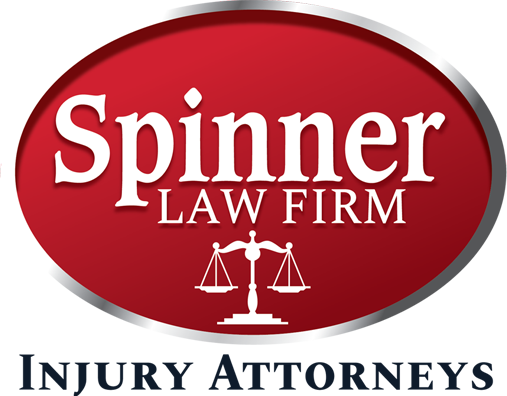Understanding the basics of House Bill 837
Florida has recently enacted sweeping changes to its tort system. The tort reform bill (House Bill 837) was signed into law on March 24, 2023, and impacts many facets of tort law, including the following broad categories:
Modified Comparative Negligence is the new standard.
Florida replaced its pure comparative negligence system with a modified comparative negligence system. Under the old system, a Plaintiff’s recovery was in direct proportion to the Defendant’s percentage of fault for causing the injury regardless of the Plaintiff’s liability. So, for example, if a defendant was found to be 30% responsible for causing a plaintiff’s injuries, the plaintiff could recover 30% of the damages associated with the injury caused to the plaintiff. Under the new, modified comparative negligence standard, a plaintiff who is more than 50% liable cannot recover damages from the defendant. This new modified comparative negligence standard does not apply to personal injury and wrongful death cases arising out of medical negligence.
Bad-Faith Insurance Claims and Fee Awards are Modified.
House Bill 837 also made changes to related to bad faith insurer liability. First, the bill clarifies that negligence alone is not enough to constitute insurance bad faith. The bill now imposes on insureds and those acting on behalf of insureds, a duty of good faith when furnishing information regarding a claim, making demands of an insurer, and when setting deadlines to settle a claim. Under the new law, any bad faith conduct of the insured can be considered when assessing damages. The new law also creates a “safe harbor” from bad faith liability if an insurer tenders the lesser of the policy limits or the amount demanded by the plaintiff within ninety days after receiving notice of the claim accompanied by sufficient evidence to support its amount. The existence of this safe harbor is now inadmissible to support an allegation of the insurer’s bad faith.
Letter of Protection Disclosures are now required.
House Bill 837 creates a requirement for certain disclosures when a letter of protection (LOP) is used to obtain treatment. A letter of protection is a document in which the plaintiff is provided medical treatment without any out-of-pocket medical expense in exchange for the medical provider’s right to payment from any recovery made by the plaintiff. Under the new law, a plaintiff treating under a letter of protection must show:
- a copy of the LOP.
- all billings for the rendered medical expenses with associated coding that allows for comparison of the medical expense to other providers or facilities.
- the name of any third party that has received the right to payment for services and the dollar amount paid for purchase of this right.
- any healthcare coverage that the plaintiff had at the time off the treatment.
- anyone who may have referred the plaintiff for treatment under an LOP, including the plaintiff’s own lawyer, which was formerly protected by the attorney client privilege.
Proving Medical Damages
The new law also creates a new section under Florida Statutes which outlines the evidence that a jury calculating medical damages in a personal injury or wrongful death case must consider. For medical services that have been performed and not yet paid for, the jury must consider evidence of damages in amounts that vary according whether the plaintiff has private health insurance, Medicare, or Medicaid, or obtained the services through a letter of protection (LOP). The bill prohibits an award of medical damages from exceeding the total amount actually paid by or on behalf of a plaintiff to the healthcare provider, the number of charges for medical services that are owed at the time of trial, and the number of charges for any reasonable and necessary future medical treatment.
House Bill 837 went into effect upon becoming law, but many of the changes to Florida Tort Law will apply only to causes of action filed after the effective date Of course, this is just a summary overview of what is arguably a very sweeping and complex change in the law. For more information about HB 837, we recommend that you read the entirety of the bill. https://www.flsenate.gov/Session/Bill/2023/837


Leave Your Reply
You must be logged in to post a comment.